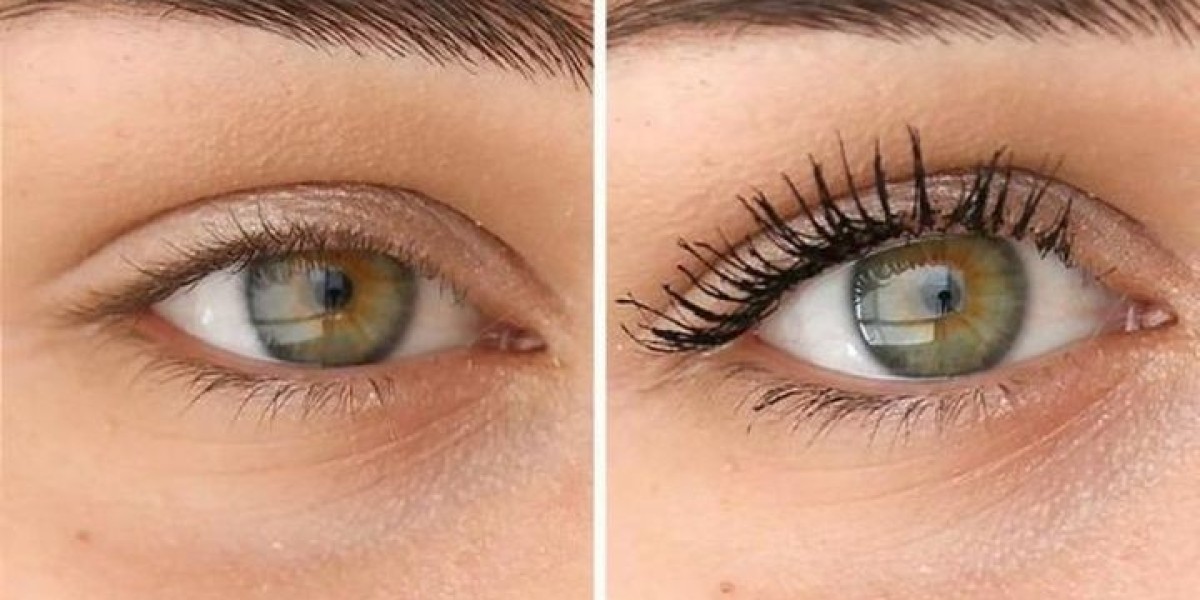autism treatment in kids is a complex neurodevelopmental disorder that affects communication, social interaction, and behavior.
Autism is a complex neurodevelopmental disorder that affects communication, social interaction, and behavior. While there is no known cure for autism, researchers have been exploring various treatment options to improve the quality of life for individuals with this
autism treatment in kids condition. One potential treatment that has shown promise in recent years is stem cell therapy. Stem cells are unique cells in the body that have the ability to develop into different types of cells, including brain cells. By harnessing the regenerative properties of stem cells, researchers believe that they may be able to repair the damaged neural pathways in the brains of individuals with autism. Studies have shown that individuals with autism often have abnormalities in their brain structure and function, including deficits in the communication between different regions of the brain.
Stem cell therapy offers the potential to repair these abnormalities and restore normal brain function. One of the key advantages of stem cell therapy is its ability to target the underlying causes of autism, rather than just treating the symptoms. By repairing the damaged neural pathways in the brain, stem cell therapy has the potential to improve communication, social interaction, and behavior in individuals with autism. In recent years, several clinical trials have been conducted to investigate the effectiveness of stem cell therapy for autism. While the results of these trials have been promising, more research is needed to fully understand the potential benefits of this treatment. One of the challenges of stem cell therapy for autism is the variability in the response to treatment among individuals. Not all patients may experience the same level of improvement, and some may not respond to treatment at all. Researchers are working to identify biomarkers that can predict which individuals are most likely to benefit from stem cell therapy. In addition to the potential benefits of stem cell therapy for autism, there are also ethical considerations to take into account. Some critics argue that manipulating stem cells raises ethical concerns, particularly when it comes to using embryonic stem cells. However, researchers are exploring alternative sources of stem cells, such as induced pluripotent stem cells, which can be generated from adult cells. Overall, stem cell therapy holds great promise as a potential treatment for autism. While more research is needed to fully understand its
effectiveness and safety, the potential benefits of stem cell therapy for individuals with autism are significant. By targeting the underlying causes of the disorder, stem cell therapy has the potential to improve the lives of individuals with autism and their families.
 Check Out What Slot Reviews Tricks Celebs Are Using
Sa pamamagitan ng rainbet0291
Check Out What Slot Reviews Tricks Celebs Are Using
Sa pamamagitan ng rainbet0291 10 Things You've Learned From Kindergarden Which Will Help You With Fireplace Surround
Sa pamamagitan ng fireplacesandstove7090
10 Things You've Learned From Kindergarden Which Will Help You With Fireplace Surround
Sa pamamagitan ng fireplacesandstove7090 What's The Current Job Market For Accident Lawyer Philadelphia Professionals Like?
Sa pamamagitan ng accidentinjurylawyers6328
What's The Current Job Market For Accident Lawyer Philadelphia Professionals Like?
Sa pamamagitan ng accidentinjurylawyers6328 When Putting On Lower Lashes
Sa pamamagitan ng selenagarran92
When Putting On Lower Lashes
Sa pamamagitan ng selenagarran92 Mobility Scooter Near Me for Sale: A Comprehensive Guide
Sa pamamagitan ng mymobilityscooters3610
Mobility Scooter Near Me for Sale: A Comprehensive Guide
Sa pamamagitan ng mymobilityscooters3610


